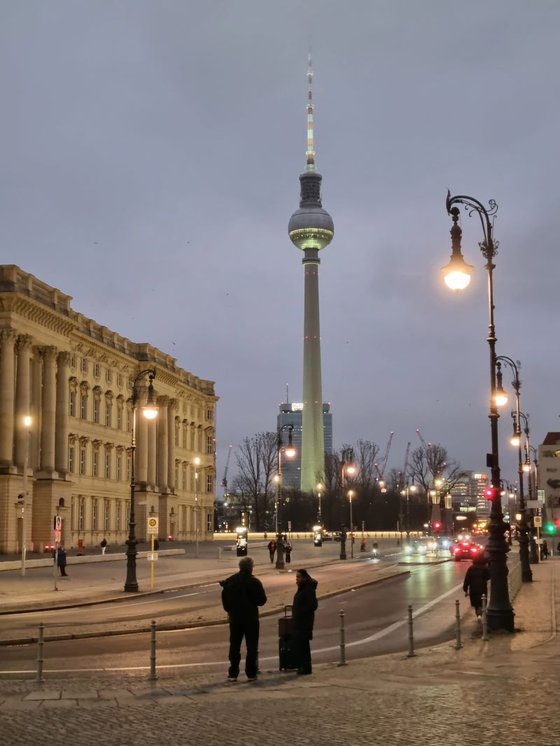All signs suggest that 2025 will be a great year, starting with the fact that I hardly experienced any delays while traveling with Deutsche Bahn to APE in Berlin. And now that I think about it, the journey back home was even smoother. Last year, I wasn’t able to join APE because I had just become a dad, for the second and third time! With the twins now turning one, I got permission to enjoy some good nights of sleep in Berlin and be inspired by day at the 20th anniversary of Academic Publishing in Europe. It was a great opportunity to reconnect with friends, partners, and customers, meet new people, and explore the main topics shaping scholarly publishing in 2025.
I must say, I thoroughly enjoyed the event, particularly the panel sessions. There’s always a risk that everyone on stage simply agrees with each other (which, of course, did happen at times). But in many of the panel sessions, there was a healthy level of disagreement, which made the discussions much more engaging. Hats off to the moderators, they managed to allow plenty of time for audience questions, making most sessions truly interactive.
While many interesting topics were discussed, I’ll focus on two panels that particularly stood out to me.
The first was about balancing quantity and quality in research communication. Panelists from IOP Publishing, Frontiers, and BMJ shared their perspectives on navigating the trade-off between publishing more (to collect more APCs) and maintaining the quality of those publications. They also discussed how to incentivize editorial teams. This led to a spirited debate, primarily between BMJ and Frontiers, two organizations with markedly different publishing philosophies. Let’s call it a lively discussion, one that we follow with a lot of interest at Global Campus, because we strongly believe we can contribute with something valuable in this area. Finding better-fitting peer reviewers, faster, can enhance both the quality of peer review and processing times.
The second session I particularly enjoyed was the final panel on protecting trust in science. Bernhard Sabel’s story about being invited to collaborate with a papermill was insightful to me. Through recorded conversations, he was able to estimate the number of fake papers published each year (hundreds of thousands!) and the enormous profits these papermills make, based on the amount of money he got offered (thousands of euro’s per accepted paper). This topic resonates with us at Global Campus, as we feel a strong responsibility to recommend trustworthy peer reviewers. But how can we guarantee trust? While there are no absolute guarantees in life, we’ll soon announce a solution to address this challenge.
In addition to these two standout panels, there were numerous fascinating discussions on open science, measuring quality, and increasing the focus on reproducibility studies. One idea that struck me was this: why aren’t there funding schemes requiring PhD students to include at least one reproducibility study as part of their dissertation? Wouldn’t that be a fantastic introduction to a field for a new PhD student?
Finally, a comment about this year’s APE, not about the program but the people. I thoroughly enjoyed the conversations during the breaks, lunches, dinners, and drinks. The cherry on top? An invitation to visit a whisky distillery in France, honestly a fantastic outcome for any event I could attend!

